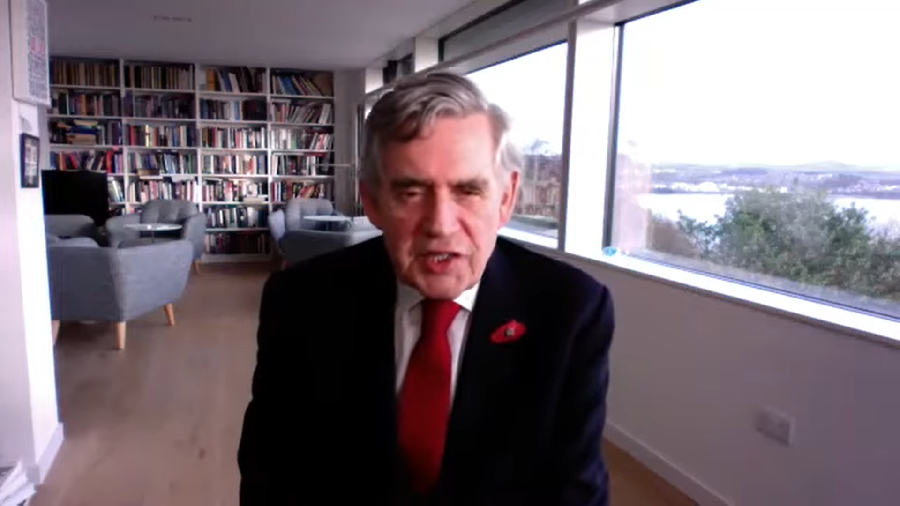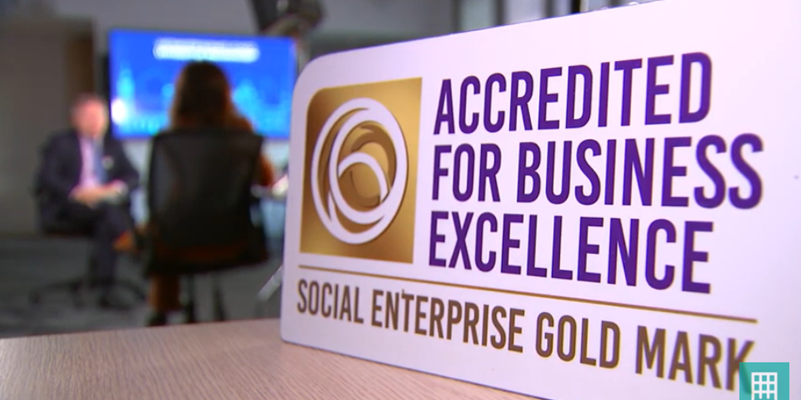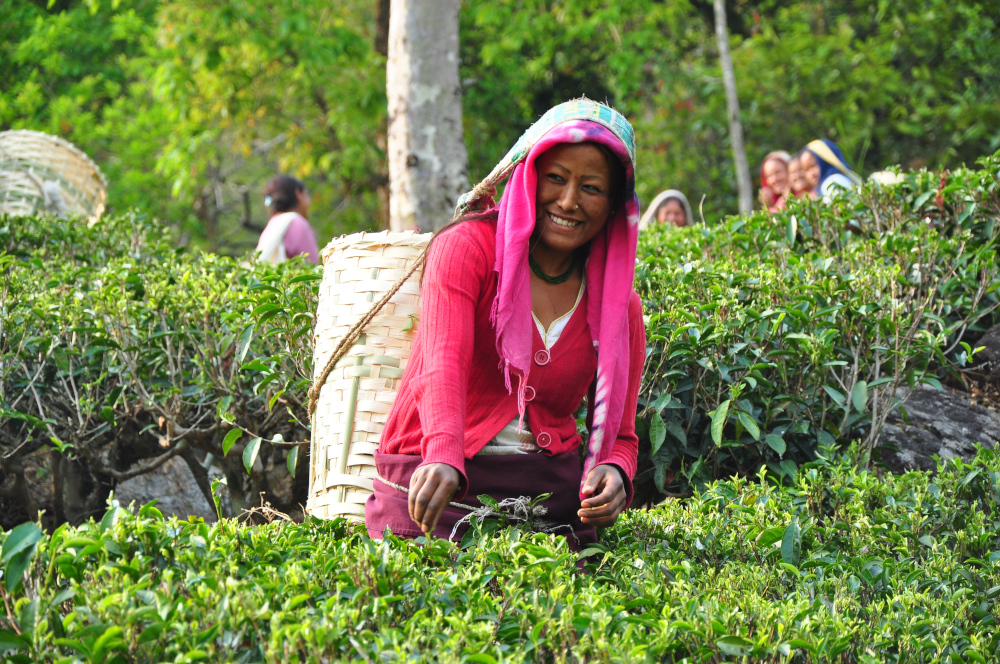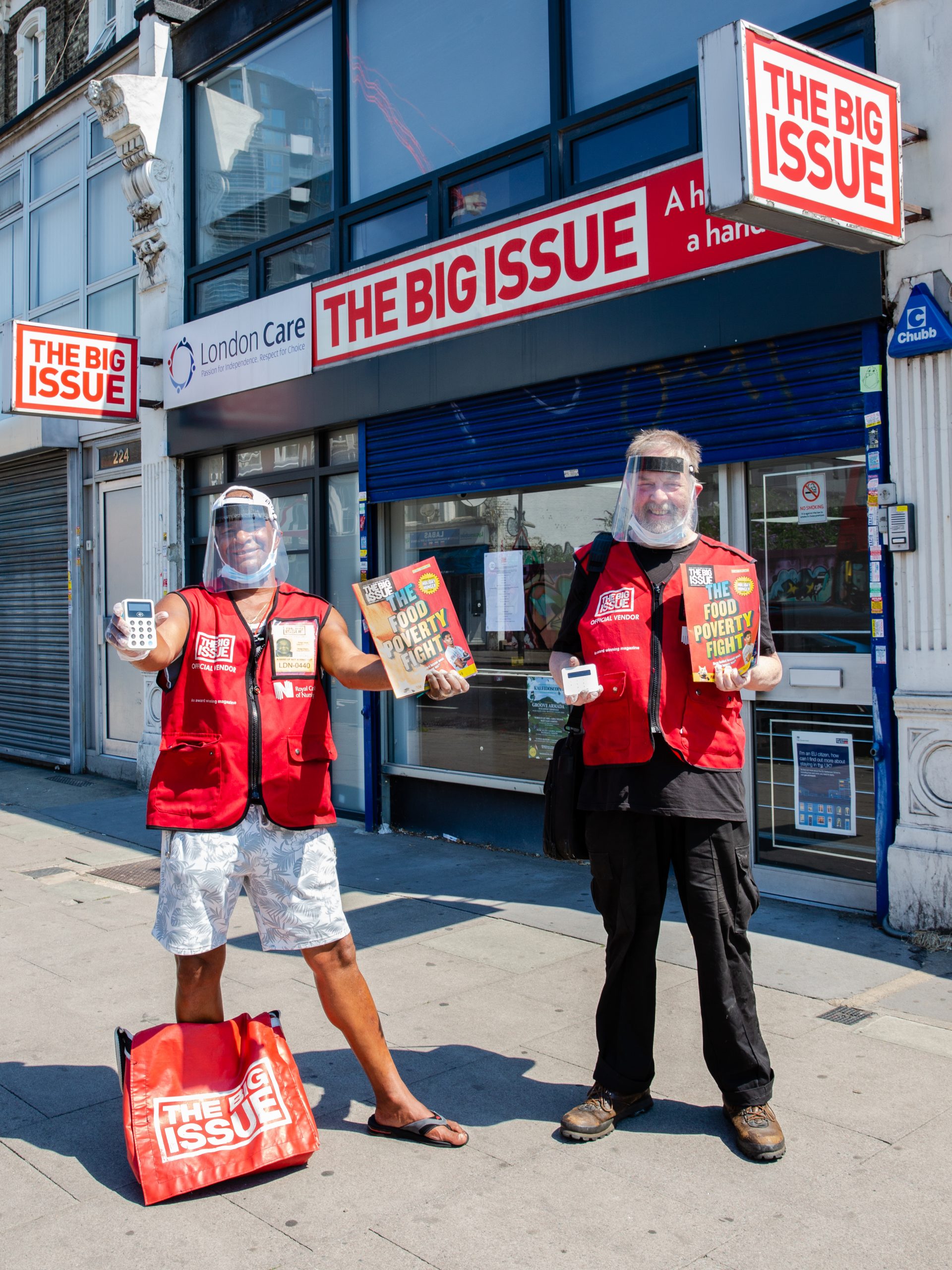Why Social Enterprise?
As we look to ‘build back better’ after the economic impact of COVID-19, many voices are calling for an increase in the number of Social Enterprises. Familiar examples of Social Enterprise include The Big Issue and Belu Water – but they range across many sectors, from estate agents to retailers, health services to childcare.
These businesses may take various organisational forms and vary as to how they seek to deliver positive social change. However, they share key factors such as being run as competitive, sustainable businesses, and dedicated to maximising social impact over maximising profit. At a conference organised by Social Enterprises UK Conference last November, former Prime Minister Gordon Brown spoke passionately about the challenges facing us that ‘unsocial’ enterprises cannot fix. He concluded with his view that ‘there is no route to the future that does not have social enterprise at its centre’.

Other speakers at the conference challenged us as to why we need to think differently about our businesses and economic models. Kate Raworth, an economist, set out a vision for an environmentally safe and socially just space in which humanity can thrive, using her doughnut economics model. Her doughnut has an outer ring, the ecological ceiling and an inner one of minimum social standards, as identified by the world’s governments in the UN Sustainable Development Goals (SDGs) in 2015. Social Enterprises can be part of that road map to help us reach that ‘sweet spot’ of doughnut where basic needs for all are met (as measured by the SDGs) but without damaging the planet – the outer limit.
What’s in a title? The MSc Social Enterprise
One of the conversations we had as a course team when we began discussing the proposed new MSc Social Enterprise, due to launch this September, was its title. We debated whether it should have Social Entrepreneurship in the title, or perhaps innovation. Entrepreneurship has been described as a particular mindset and ability to identify opportunities that can be exploited to create new businesses. Social entrepreneurs are those people who can identify ways their new enterprises can create social value and social impact, making the world a better place.
Whilst entrepreneurs are central to the social enterprise movement, they are inspired, sustained, and often succeeded by a network of people around them. We have designed our course to bring together this rich mix of purpose-led professionals. Bringing together the social entrepreneurs, social enterprise leaders, and the social enterprise supporters, the investors, funders and consultants that make up the social enterprise eco-system.
The course team thought carefully too about what knowledge people might need or to develop further. We were helped here by input from focus groups and surveys with those working in Social Enterprises. Financial knowledge, how to measure impact and how to manage the people side of organisations were all considered to be important components. Ensuring good governance and involving stakeholders are important too if an enterprise is to succeed and be sustainable.
With the increasing challenges of the pandemic and beyond, I think we also need to see a rise in social extrapreneurship. This involves people and organisations collaborating to meet social challenges, harnessing innovation and creating effective inter-organisational governance. I have seen first-hand some of the negative effects of competition in the English public health service (the NHS), but also the positive benefits of collaboration. In the past year, that has played out centre-stage in partnerships to create vaccines against COVID-19, and also in smaller, unnoticed collaborations between different sectors.
Our vision for the MSc Social Enterprise is a course that is truly inclusive – bringing together people from a wide range of backgrounds with a mix of entrepreneurs, supporters, and extrapreneurs (and those who prefer no label at all!) This diversity is reflected in the multi-disciplinary course team and our interests, expertise and commitment towards social enterprise. This commitment to social enterprise is also shared by many others across the University.
The University of Westminster – a Social Enterprise
One of the highlights of 2020 was seeing the University of Westminster gaining Gold Mark accreditation from the Social Enterprise Mark CIC. The accreditation process found the University demonstrated best practice across key business areas. This included good governance, stakeholder engagement, financial transparency and social impact beyond our role as providing education to students. Interviews and focus group discussions with students, staff and external stakeholders confirmed some of things the University does well. This includes our commitment to the Sustainable Development Goals and reporting social impact.
The coming year will see the launch of the new MSc Social Enterprise and the continuing development of the University’s new Social Enterprise Hub. This will provide a catalyst for teaching, research and knowledge exchange with social enterprises and those in the wider social economy. It will help the University in its aim to to effect sustainable social change with local, national and global impact and so help meet the challenge described by Gordon Brown as a route to a sustainable and just future.

Dr Joy Tweed is Course Leader of the exciting new MSc Social Enterprise, now recruiting for September 2021. She is also a member of the MBA course team and module leader for ‘Resilient Organisations and Teams’, as well as a contributor to other modules on leadership and professional development.
Dr Tweed’s research interests are in leadership and governance, particularly in the public, social enterprise and not-for-profit arenas and has a background in healthcare. Joy talks more about the Social Enterprise MSc here.
Read past articles from our Academic Minds column.
- Alumni Voices | Robert Mitson, Business Economics BSc Honours - January 26, 2024
- Westminster Business School students participate in Sustainable Business Challenge with International Partners - July 26, 2022
- Postgraduate Entrepreneurship students head to Edinburgh for the 2022 International Business Challenge - May 24, 2022



Great blog Joy. I see that on Monday the PM announced a Build Back Better Council comprising a number of the usual suspect large businesses – yet again they are ignoring the importance of a different way of doing business – where are the social enterprises in this Council (no univeristies either!)